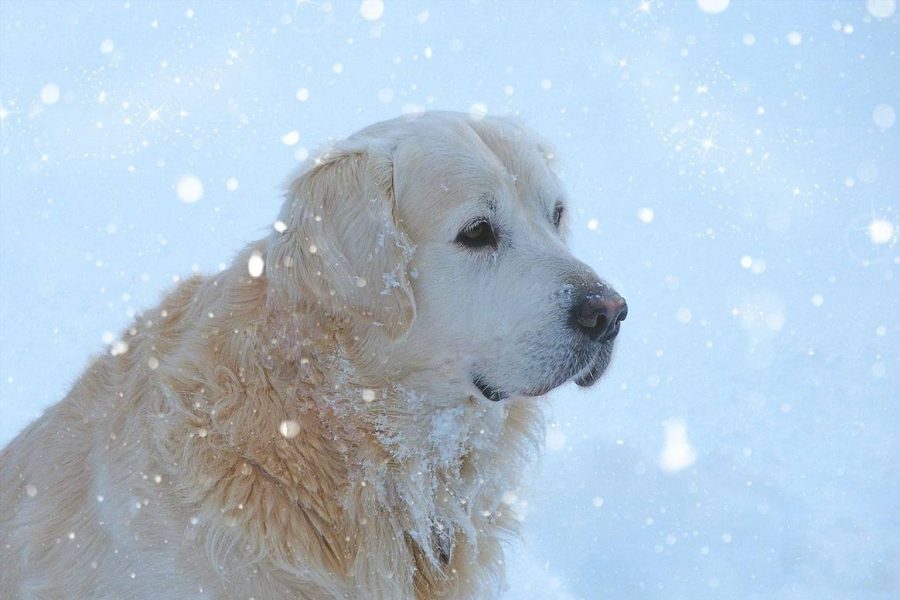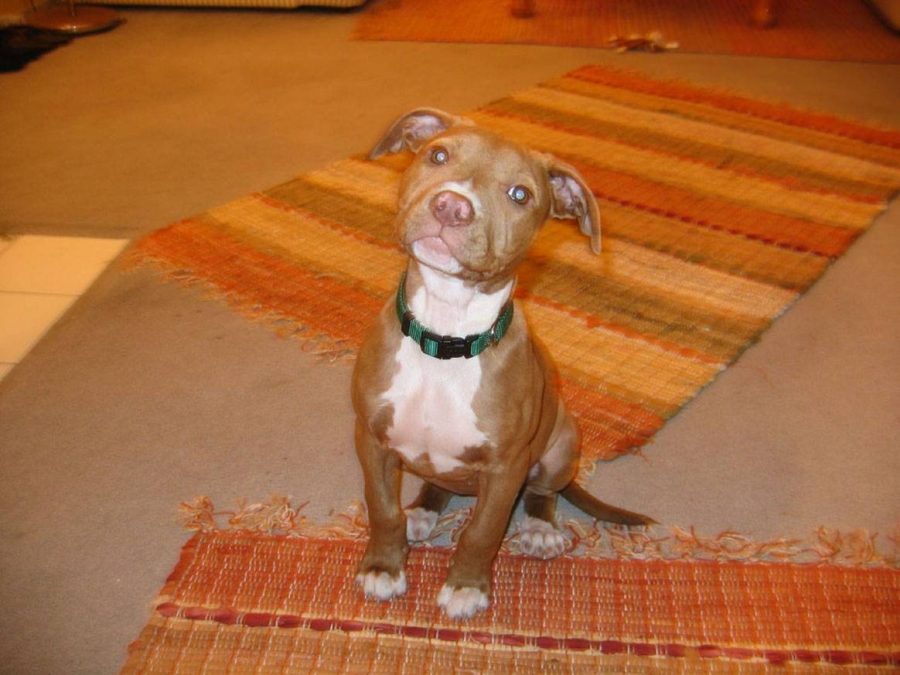The Bichon Frise: Your New Fluffy Best Friend 🐾
If you’re dreaming of a fluffy, funny, and friendly dog, the Bichon Frise might just be your perfect match! This little white puffball is more than just a pretty face. Bichon Frises are known for their happy nature, cuddly fur, and silly tricks. Whether you’re a first-time dog parent or a seasoned pup pro, this guide will help you learn everything about the Bichon Frise in easy, everyday language — so simple even a 5th grader can understand!
🐶 What is a Bichon Frise?
A Bichon Frise (pronounced bee-shon free-zay) is a small dog that looks like a cotton ball with legs. They are cheerful, smart, and love to be around people. Their name comes from French, and it means “curly lap dog.” These pups are often called “smiling dogs” because they always look happy.
📜 A Quick Look at Their History
The Bichon Frise has a fancy history. Long ago, they were popular with rich people and kings in places like France and Spain. They were also loved by sailors because they are small and easy to travel with. Even though they had a tough time during wars, people fell in love with them again because of their sweet and playful nature.

🐾 What Do Bichon Frises Look Like?
- Size: Small and light (about 10–18 pounds)
- Fur: Thick, soft, and curly
- Color: Mostly white, sometimes with cream or apricot spots
- Eyes: Dark, round, and full of mischief
- Tail: Curled and fluffy like a feather duster
They kind of look like living teddy bears, don’t they?
😍 Bichon Frise Personality: Why Everyone Loves Them
A Bichon Frise is the kind of dog who will follow you around, wagging their tail like a tiny white shadow. Here’s why people love their personalities:
- Happy and cheerful
- Loves cuddles and snuggles
- Good with kids and other pets
- Smart and easy to train
- Funny and loves to perform tricks
They make great therapy dogs and are perfect for people who want a sweet and social pet.
🧠 How Smart Is a Bichon Frise?
Very smart! Bichon Frises love to learn and play games. You can teach them to sit, roll over, shake hands — even play hide and seek. They respond well to treats and kind words. Just don’t yell or scold them too much; they don’t like that.
🎓 How to Train Your Bichon Frise
- Use treats — they LOVE snacks.
- Be patient — they can be a bit stubborn.
- Practice daily — short, fun sessions work best.
- Be kind — no shouting or harsh punishment.
- Socialize early — take them on walks, meet other dogs, and visit friends.
🛁 Grooming Your Bichon Frise: Fluff Maintenance!
- Daily brushing — to avoid tangles and mats
- Bath every 3–4 weeks
- Haircuts every 4–6 weeks
- Clean their eyes and ears weekly
- Brush their teeth often
Want your pup to look like a show dog? Consider a professional groomer!
🥕 Feeding Your Bichon Frise
- High-quality dry or wet dog food
- Add some fruits and veggies (like carrots or apples — no grapes!)
- Always provide fresh water
- Avoid human food like chocolate, onions, or too much fat
Talk to your vet for the best diet plan.
🏃♂️ Exercise: Keep That Tail Wagging
- Daily walks (20–30 minutes)
- Play fetch or tug-of-war
- Puzzle toys to keep their brains busy
- Dog parks (if they like other dogs)
👨⚕️ Bichon Frise Health Problems to Watch For
- Allergies (skin and food)
- Dental problems (brush their teeth!)
- Ear infections
- Patellar luxation (kneecap slipping)
- Hip dysplasia
- Eye issues like cataracts or PRA
Go to the vet regularly and keep up with checkups.
🧬 Are Bichon Frises Hypoallergenic?
Yes! That’s one reason they’re so popular. Bichon Frises don’t shed much, and their coat traps dander (which causes allergies). That said, no dog is 100% allergy-proof, but Bichons come close.
🐣 Bichon Frise Puppies: What to Expect
- Puppy-proof your house
- Train them early
- Feed them small meals
- Socialize with people and other pets
- Visit the vet for shots and checkups
🐕🦺 Is a Bichon Frise Right for You?
A Bichon Frise is a great dog for:
- Families with kids
- Seniors or retirees
- Apartment dwellers
- People with allergies
They might not be right for:
- People who are gone all day (they get lonely)
- Those who hate brushing fur
- Anyone who wants a guard dog (they’re too friendly!)
🛍️ Buying or Adopting a Bichon Frise
Want your own Bichon? Here’s where to look:
- Reputable breeders — ask about health testing and meet the parents
- Animal shelters — some Bichons need new homes too!
- Bichon Frise rescue groups
Make sure you never buy from a puppy mill.
📚 Fun Facts About Bichon Frises
- They were once used as circus performers 🎪
- They almost went extinct during WWII 😢
- Bichon Frises don’t bark a lot but will alert you if someone’s at the door 🔔
- Their coat doesn’t smell much even when wet 🧼
🧾 Bichon Frise Checklist
- ✅ Daily brushing
- ✅ Healthy food and water
- ✅ Lots of playtime and love
- ✅ Vet visits twice a year
- ✅ Gentle training and cuddles
🔍 Related Searches People Are Looking For
- Best food for Bichon Frise
- Are Bichon Frise good with kids?
- Bichon Frise vs Poodle
- How to groom a Bichon Frise at home
- Bichon Frise lifespan and aging care
🐾 Final Woof!
The Bichon Frise is more than just a dog — they’re a loyal friend, a comedian, and a fluffy cuddle buddy all rolled into one. With their happy spirit and teddy bear looks, it’s no surprise they’re one of the most loved small dog breeds in the world.
If you want a dog who’s always up for a snuggle and can make you laugh every single day, the Bichon Frise might just be your perfect match. 🐕❤️




